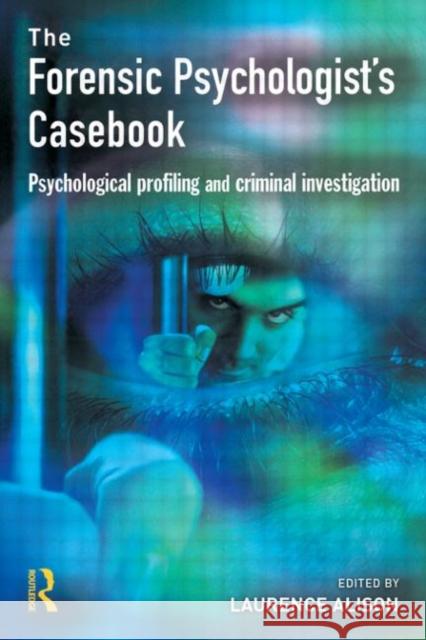Forensic Psychologists Casebook : Psychological profiling and criminal investigation » książka
topmenu
Forensic Psychologists Casebook : Psychological profiling and criminal investigation
ISBN-13: 9781843921011 / Angielski / Miękka / 2011 / 432 str.
Forensic Psychologists Casebook : Psychological profiling and criminal investigation
ISBN-13: 9781843921011 / Angielski / Miękka / 2011 / 432 str.
cena 247,41
(netto: 235,63 VAT: 5%)
Najniższa cena z 30 dni: 231,67
(netto: 235,63 VAT: 5%)
Najniższa cena z 30 dni: 231,67
Termin realizacji zamówienia:
ok. 30 dni roboczych.
ok. 30 dni roboczych.
Darmowa dostawa!
A forensic psychologist's casebook.











